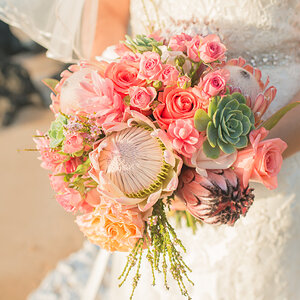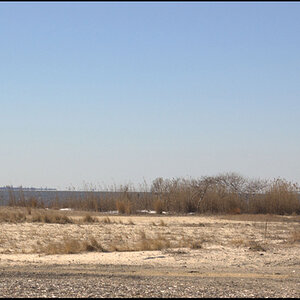TCampbell
Been spending a lot of time on here!
- Joined
- Mar 31, 2012
- Messages
- 3,614
- Reaction score
- 1,556
- Location
- Dearborn, MI
- Can others edit my Photos
- Photos OK to edit
I'll go on record that I'm with Overread on this... and for the very reasons he stated.
I could go on give numerous examples.
But the short version is... I find people tend to take the path of least resistance. If you tell them "you don't need to learn all this stuff... just go out and be creative", then that's exactly what they'll do. BTW, they'll come back crap, and they will be frustrated.
In the world of winemaking, every so often an unskilled winemaker gets lucky and produces an outstanding wine. They don't necessarily understand WHY and may not be able to repeat it. A SKILLED winemaker, on the other hand, tends to consistently produce outstanding wines. They may just occasionally produce something of marginal quality -- but that's the exception (and often factors beyond their reasonable control.)
Photography is a bit like that... a good photographer will generally yield good results and can do so consistently. An unskilled photographer is mostly hoping to get lucky.
Training, practice, and learning to leverage experience and employ patterns will go a long way toward helping a photographer produce "creative" results.
I find that there is a "science of photography" -- not just the mechanics of the camera and exposure... but even the seemingly "creative" elements employ science and human psychology in order to appear to viewers.
I could go on give numerous examples.
But the short version is... I find people tend to take the path of least resistance. If you tell them "you don't need to learn all this stuff... just go out and be creative", then that's exactly what they'll do. BTW, they'll come back crap, and they will be frustrated.
In the world of winemaking, every so often an unskilled winemaker gets lucky and produces an outstanding wine. They don't necessarily understand WHY and may not be able to repeat it. A SKILLED winemaker, on the other hand, tends to consistently produce outstanding wines. They may just occasionally produce something of marginal quality -- but that's the exception (and often factors beyond their reasonable control.)
Photography is a bit like that... a good photographer will generally yield good results and can do so consistently. An unskilled photographer is mostly hoping to get lucky.
Training, practice, and learning to leverage experience and employ patterns will go a long way toward helping a photographer produce "creative" results.
I find that there is a "science of photography" -- not just the mechanics of the camera and exposure... but even the seemingly "creative" elements employ science and human psychology in order to appear to viewers.


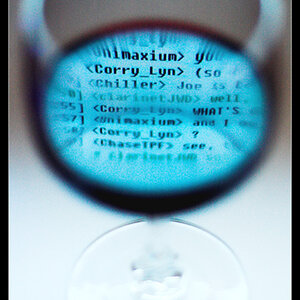

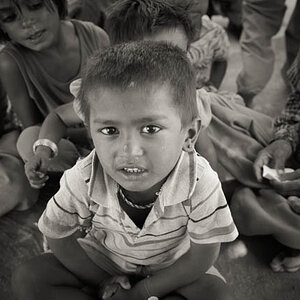
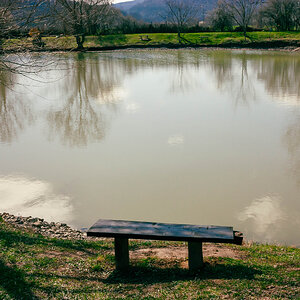
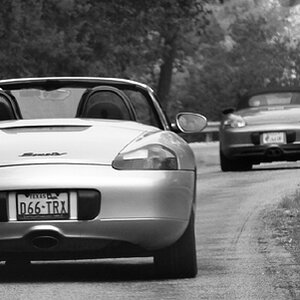

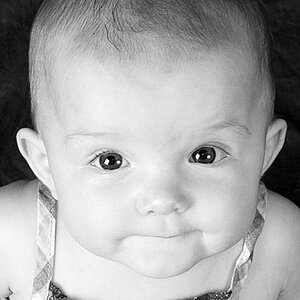
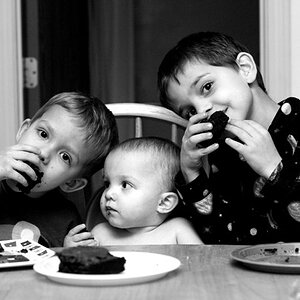

![[No title]](/data/xfmg/thumbnail/37/37537-25afab1a7980214af6067df3c997c353.jpg?1619738132)
